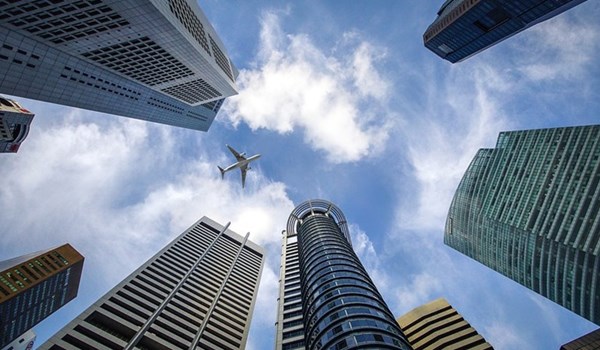Jurisdictions
Regions
Industry Sectors
21/03/22
SINGAPORE: Jurisdiction Targets A More Progressive Tax Regime In 2022 Budget.

As published on tax-news.com, Monday 21 March, 2022.
Singapore has announced personal income tax hikes and higher wealth taxes on the territory's wealthiest individuals, as well as plans to ramp up the territory's carbon tax, in its newly released Budget.
The Budget also acknowledges that the territory will likely have to raise its effective corporate tax rate for large multinationals to 15 percent, in sync with the BEPS 2.0 digital tax reforms due to be implemented internationally from 2023. However, the Budget announces the extension of various corporate tax relief measures and the Government has committed to study a policy response to ensure the territory's long-term international attractiveness as a location to do business.
The Budget proposes that the top marginal personal income tax rate should be hiked from the year of assessment 2024. The current top 22 percent tax rate will be replaced with a 23 percent rate on income exceeding SGP500,000 up to SGP1m, and a 24 percent rate will apply thereafter.
Several taxes on wealth will be hiked. For instance, the Budget announces that property tax rates for non-owner-occupied residential properties, including investment properties, will rise from rates of between 10 percent and 20 percent, to between 12 percent and 36 percent. All non-owner-occupied residential properties will face higher property taxes, and the increase will be more significant for properties at the higher end, the Budget states.
In addition, for owner-occupied residential properties, property tax rates that range from four percent to 16 percent will be hiked on the portion of Annual Value in excess of SGP30,000, to between six percent and 32 percent.
The increases in property tax rates will be implemented in two steps, starting with the tax payable in 2023.
The tax rules for luxury cars will be altered also, to make the vehicle tax system more progressive. Specifically, an additional ARF tier will be introduced, with a rate of 220 percent, for the portion of Open Market Value in excess of SGP80,000.
In the area of carbon taxation, the Budget announces that the territory's carbon tax, which was introduced in 2019 with a rate of SGP5 per tonne, will be hiked beginning in 2024. No changes will be introduced until then. The carbon tax will be hiked to SGP25 per tonne in 2024 and 2025, and to SGP45 per tonne in 2026 and 2027. The Government has said it is eyeing a carbon price of between SGP50 and SGP80 per tonne by 2030.
From 2024, Singapore will allow businesses to "use high-quality, international carbon credits to offset up to five percent of their taxable emissions, in lieu of paying carbon tax," the Budget announces.
The Budget further extends a number of tax incentives, including:
- the broad-based withholding tax (WHT) exemption for container lease payments made to non-tax-resident lessors under operating lease (OL) agreements, until December 31, 2027;
- the broad-based WHT exemption for ship and container lease payments under finance lease (FL) agreements for Maritime Sector Incentive (MSI) recipients, until December 31, 2028;
- the aircraft leasing scheme (ALS), until December 31, 2027;
- the Approved Royalties Incentive, until December 31, 2028, with improvements to be announced in June 2022;
- the Approved Foreign Loan scheme, until December 31, 2028; and
- the Tax Framework for Facilitating Corporate Amalgamations under section 34C of the ITA to Licensed Insurer, with further detail of the extension and changes to the regime to be outlined in October.
The Budget also sets out proposals to enhance the Tax Incentive Scheme for Funds Managed by Singapore-based Fund Managers, with further detail to be released in May 2022. The Budget also includes proposals to extend and rationalize the WHT exemption for the financial sector and the tax incentives for project and infrastructure finance.



